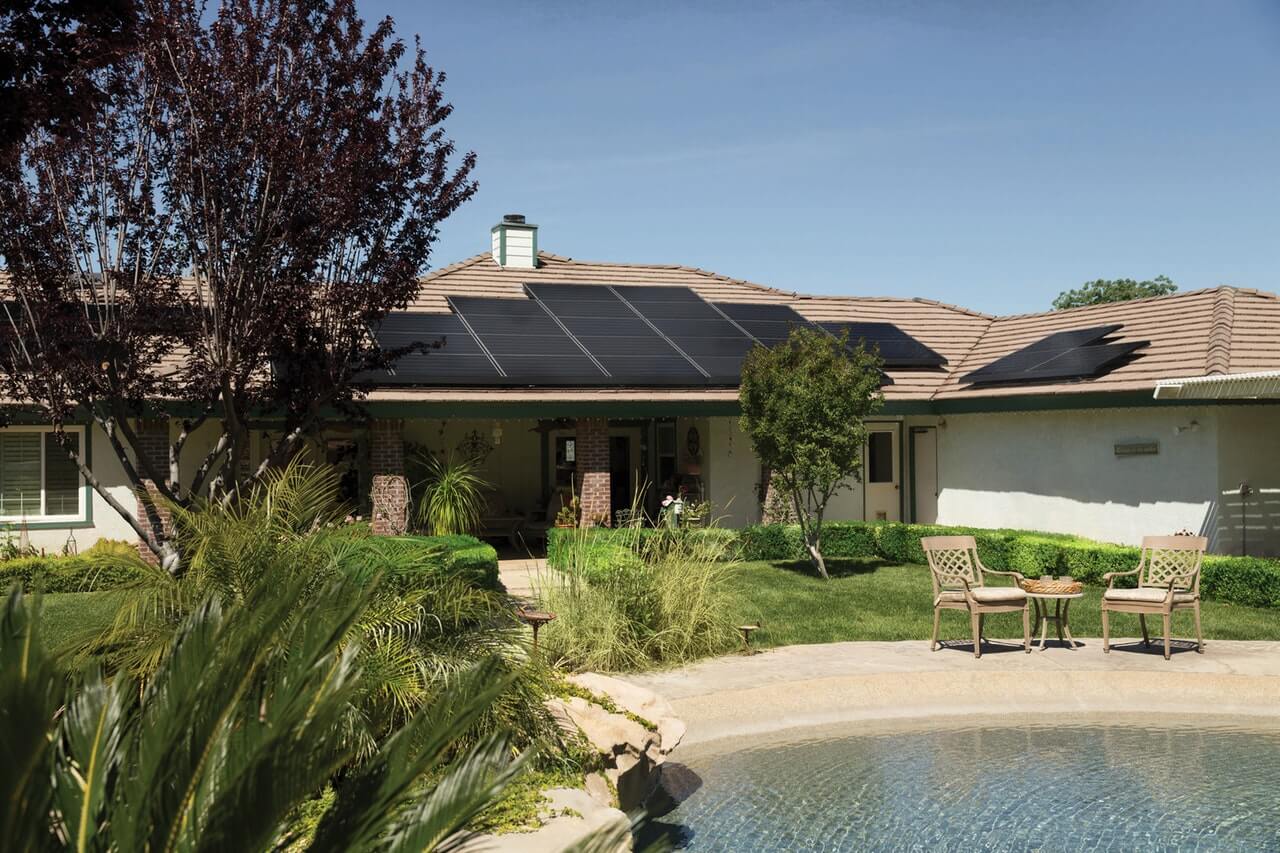
The sun is out in California! But that’s not the only reason why homeowners are scrambling to install solar panels on their homes throughout the state. Huge monthly utility savings, rebates, a soon-to-expire tax credit, and a new mandate are all powerful incentives.
Here’s what you need to know about the current state of California residential solar power.
The 2020 California solar mandate
California’s solar mandate, which went into effect on January 1, 2020, requires that new homes be built with a solar photovoltaic (PV) system. It applies to single-family and multi-family homes that are up to three stories tall.
The solar panel system must be big enough to supply 100% of the home’s electricity usage, but the size of the solar panel system can be reduced if the home also incorporates other energy-efficient elements such as a solar battery, other energy storage, or eco-friendly building materials.
To clarify, a home’s PV system only needs to offset its electricity use, not necessarily all energy use. Other fuel sources are still OK, so if you’re planning to build a new home in California, you can still put in that gas stove you’ve been eyeing.
Exceptions
You might be thinking: What about homes that don’t get any sun? How are they supposed to generate enough solar energy to meet the requirements? Good point!
Shaded houses or houses with very small roofs can often get an exception. Plus, with approval from the California Energy Commission (CEC) and the local utility company, builders can instead build and use community solar projects instead of individual rooftop systems for each property.

Will the solar mandate save homeowners money?
Based on predictions from the CEC, the upfront cost of a new home will increase, but the long-term savings will outweigh those costs. Based on a 30-year mortgage, the CEC estimates that the average owner of a new home can expect to:
- Pay about $40 extra per month in mortgage payments
- Save $80 per month on heating, cooling, and lighting bills
Those estimates suggest net savings of $40 per month. If you take into account the fact that electricity prices are expected to continue to increase, you could be looking at even bigger savings.
In general, we’ve seen many homeowners save thousands of dollars in the long run by installing solar panels on their homes.

Should current homeowners get solar power systems too?
The California solar mandate only applies to new construction homes, so if you already live in an older home, the mandate doesn’t apply to you. But think about the fact that almost all new homes will now be built with solar electric systems. The percentage of homes that don’t have them will get smaller and smaller, and with the major potential savings that solar panels offer, you stand to significantly increase the value of your property by installing solar now.
And now is the right time. As we’ll see in the next section, you don’t want to wait!
State and federal tax credits and rebates
Federal
Dwindling federal tax incentives make 2020 a great time to install solar panels in your home. Under the Bipartisan Budget Act of 2018, the federal residential solar tax credit will be phased out by 2022.
Currently, homeowners can apply a 26% tax credit to their personal income taxes when they purchase solar systems and have them installed on their homes. That’s for projects that begin construction in 2020. But for projects that begin in 2021, the federal tax credit drops to 22%. Starting in 2022, it goes down to zero — no more tax credit for residential solar projects.
So there’s no better time than now to invest in residential solar power if you want to take advantage of the federal tax credit.
State of California
There are numerous solar tax credits, rebates, and incentives in California. Which ones you have access to depends on your location and utility company. Another incentive to go solar in California is net metering, which allows you to receive financial credit for any surplus energy you contribute to the power grid. Basically, if you generate more energy than you use, you get to become a utility company instead of paying one!

Just like with federal incentives, state and local tax credits and rebates are only available when you buy your solar panels. When you lease them, the company you’re leasing from gets all the benefits instead of you.
Key takeaways
- The new mandate requires nearly all new homes to be built with a solar photovoltaic system.
- Solar panels can save you big bucks on monthly utility bills and can increase your property’s value.
- The federal tax credit for residential solar projects is being phased out. It’ll be gone by 2022.
- Federal, state, and local incentives are only available if you purchase your solar panels, not when you lease them.
- Right now is the best time to install solar panels on your home. Waiting could cost you.
Ready to switch to solar panel energy now?
There’s nothing like becoming energy independent! Get out from under your utility company and start saving money. When you get your solar panels from Inter Faith Electric & Solar Installation, you get expert installation and high-quality solar panels with a 10-year manufacturer’s warranty.
Want to take advantage of the federal tax credit before it’s gone? Our installation process is quick. We can get you up and running in two weeks or less, and we offer great financing options to make sure you can afford to own your solar panels — 0% financing with $0 down for qualified buyers (bad credit is no problem).
Contact Inter Faith Electric & Solar Installation today for a free estimate.





